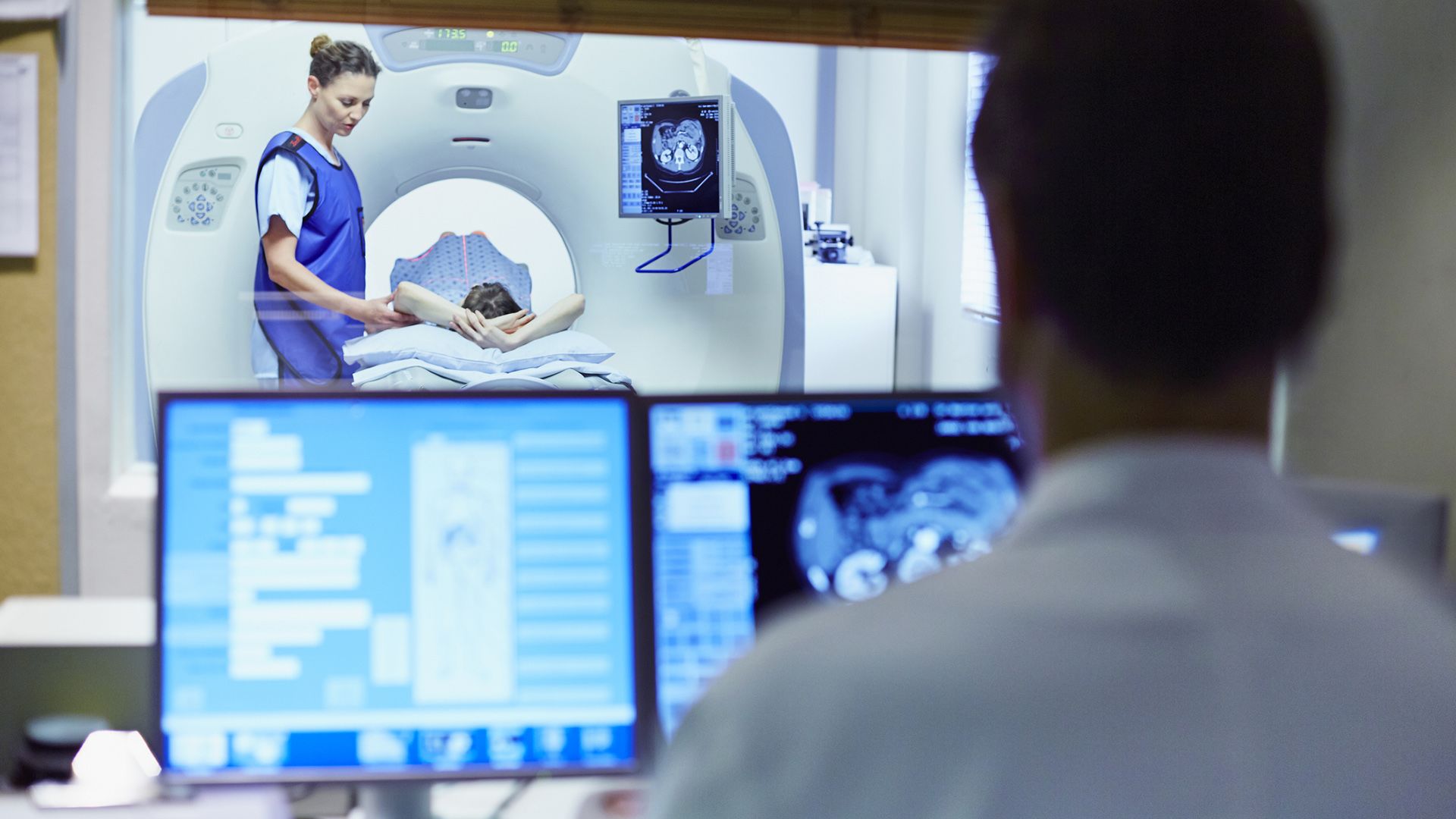There is no best treatment for bladder cancer, only the treatment that works best for a particular person. When deciding on a course of treatment, healthcare providers will take into account a number of factors about the cancer and about the patient—the cancer's stage, the grade of the tumors, the person’s overall health, age, and the side effects of treatment.
Understanding the different treatment options can be helpful when communicating with a healthcare team. Below is an overview of commonly used treatments for bladder cancer, including surgery, chemotherapy, radiation, immunotherapy, and targeted therapy.
Surgery
There are several different surgical procedures that may be used to treat bladder cancer:
- Transurethral resection of bladder tumor (TURBT). This is a surgical procedure used for non-muscle invasive bladder cancers. It involves using thin, flexible tools that are inserted into the urethra that enable the surgeon to examine the tumor with a camera and remove the cancerous cells.
- Cystectomy. Cystectomy is surgery to remove part of the bladder (partial cystectomy) or the whole bladder (radial cystectomy). This type of surgery may be needed if the cancer is invasive. Other organs surrounding the bladder may need to be removed. If the whole bladder is removed, reconstructive surgery will be performed to provide the body another way to store urine.
- Surgery to remove lymph nodes. Surgery may also be used to remove lymph nodes in the pelvic region. This may reduce the risk of cancer coming back. Sometimes lymph nodes in more distant areas of the body may also need to be removed.
Chemotherapy
Chemotherapy drugs use powerful chemicals to destroy and slow the growth of cancer cells. There are two approaches to chemotherapy used to treat bladder cancers.
- Intravesical chemotherapy. With this approach, the bladder is filled with a liquid chemotherapy solution using a catheter. This approach specifically targets cancer cells in the bladder.
- Systemic chemotherapy. Systemic chemotherapies are given through an infusion or taken as a pill. The drugs aim to destroy or slow the growth of cancer cells throughout the entire body.
Chemotherapy may be used before or after surgery. It may be also used as the primary treatment if the cancer has spread to other areas of the body.
Radiation therapy
Radiation therapy uses high doses of radiation to destroy cancer cells and is used in combination with other therapies.
- External beam radiation. The type of radiation therapy typically used in the treatment of bladder cancer is called external beam radiation, where small but powerful doses of radiation are aimed at a specific tumor using a machine.
- Internal radiation therapy. This type of radiation therapy involves inserting a radioactive pellet into the bladder. The pellet remains in the bladder for several days. During those days, the patient stays in the hospital. This therapy is less common, but useful in certain cases.
- Chemoradiotherapy. Radiation therapy is often used in combination with chemotherapy. This approach is called chemoradiotherapy. Chemotherapy can make radiation therapy more effective because it makes cancer cells more susceptible to damage by radiation.
Immunotherapy
Immunotherapies are different from other cancer therapies—instead of attacking cancer cells directly, immunotherapies help improve the immune system’s ability to fight cancer. Types of immunotherapy that are used to treat bladder cancer include:
- Intravesical BCG. BCG stands for Bacillus Calmette-Guerin, which is a type of bacteria that does not cause a serious infection in humans, but can trigger an immune response. Intravesical refers to the way the therapy is administered—a catheter is used to temporarily fill the bladder with a liquid solution containing BCG.
- Immune checkpoint inhibitors. Immune checkpoints are proteins that prevent immune cells from attacking healthy cells. Some types of cancer—including some cases of bladder cancer—use immune checkpoints to avoid detection by the immune system. Immune checkpoint inhibitors block these proteins, enabling immune cells to attack cancer cells.
Targeted therapy
Targeted therapies are drugs that identify and attack specific genetic mutations in cancer cells. The genetic mutations that are targeted are called biomarkers. There are a small number of targeted therapies that are approved for certain cases of bladder cancer, and others are under investigation.
Choosing a treatment
Remember, every patient is different, every case of bladder cancer is different. If you or a loved one has been diagnosed with bladder cancer, the most important thing you can do is work with healthcare providers who have experience treating this type of cancer, who can guide you through your treatment options.






